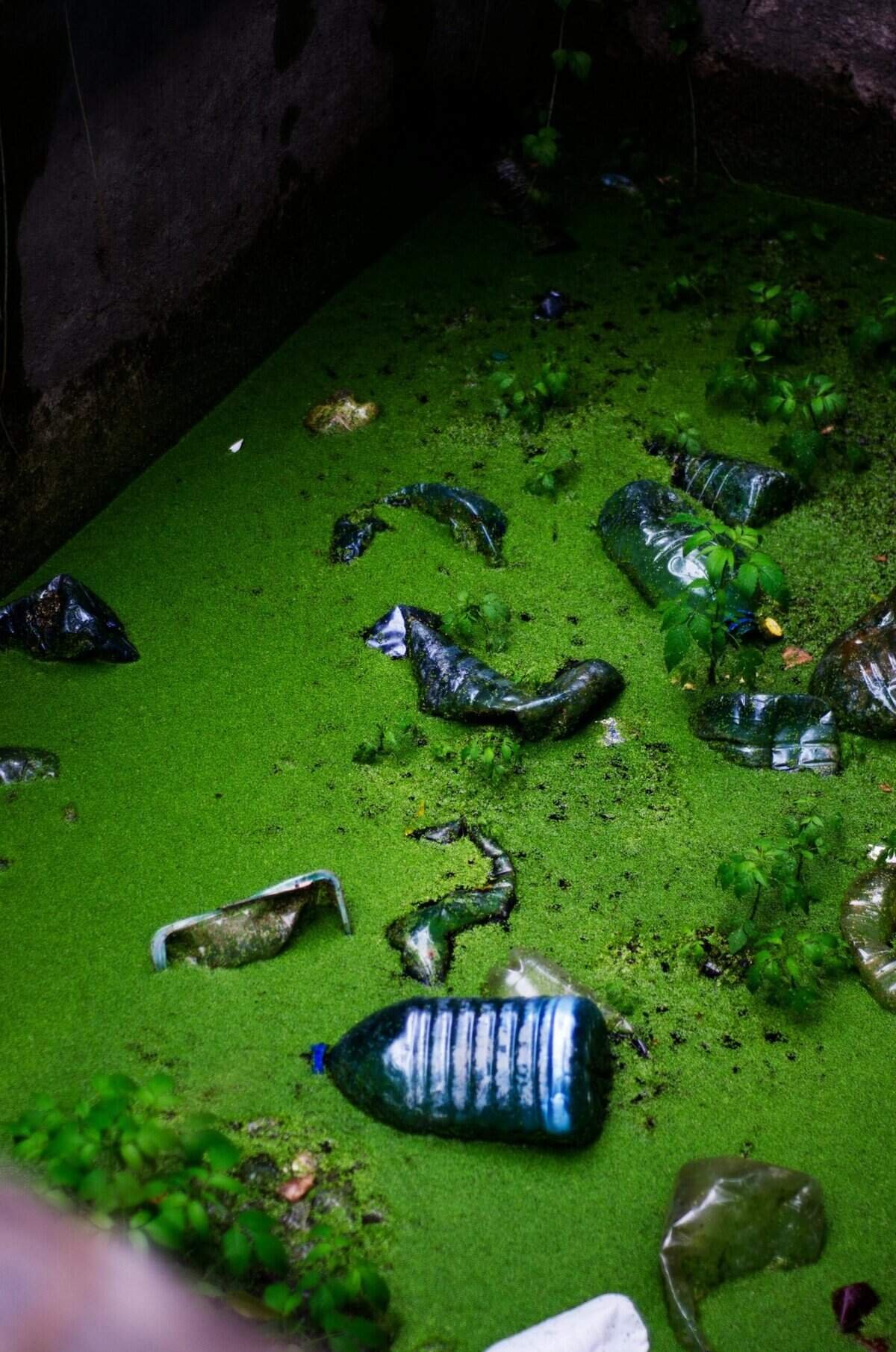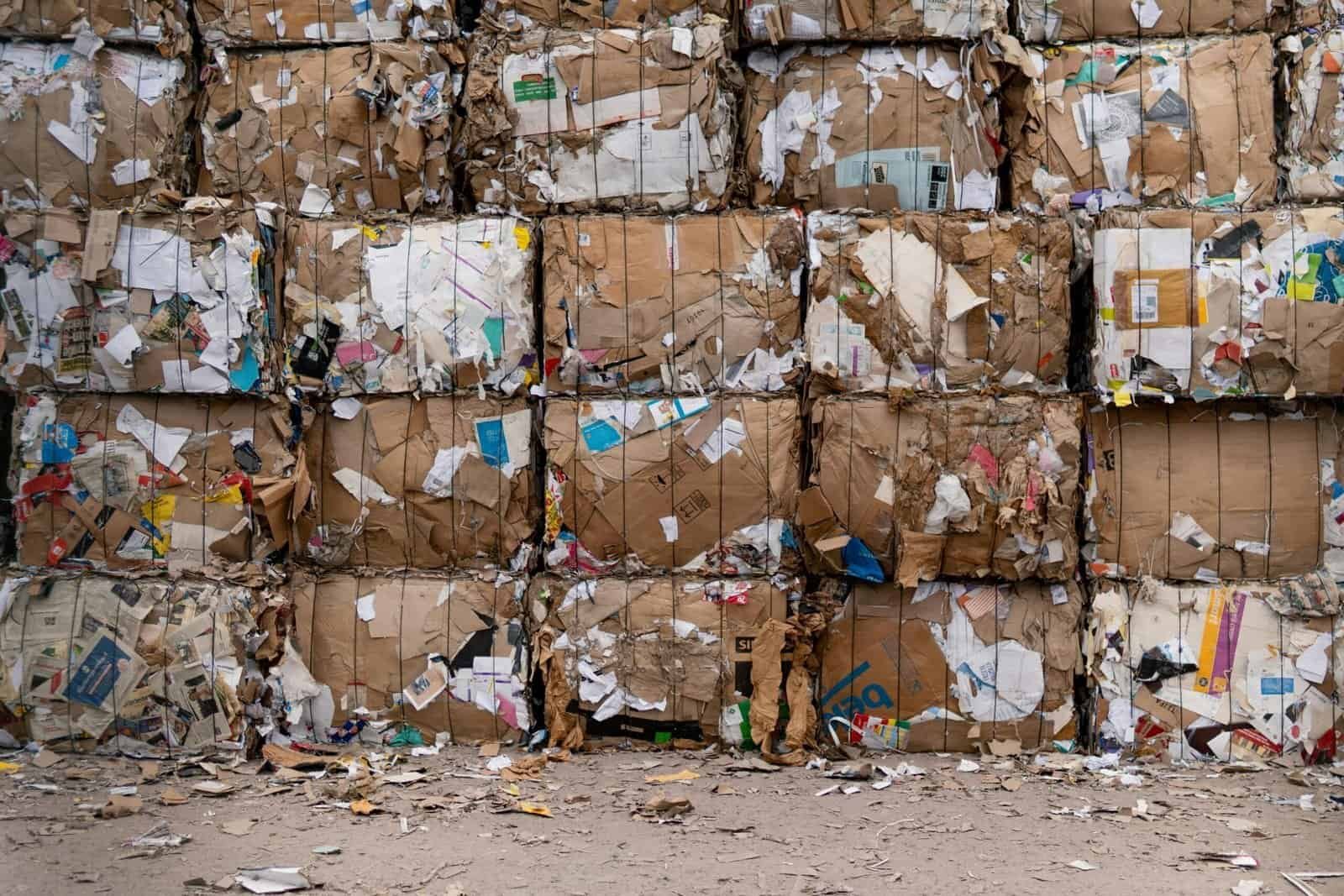Have you ever wondered about the purity of the water you drink every day? It’s easy to assume that something as essential as water must be safe and clean. However, recent military testing has revealed that hundreds of drinking water wells in Washington State are contaminated with PFAS, often known as “forever chemicals”. These findings raise serious concerns about public health and the measures being taken to ensure water safety.
What Are PFAS?
PFAS stands for per- and polyfluoroalkyl substances, which are a group of man-made chemicals that have been used in various industries around the globe since the 1940s. Commonly found in items like non-stick cookware, water-repellent clothing, and firefighting foams, PFAS are notorious for their persistent nature. They do not break down easily in the environment or the human body and can accumulate over time.
The Health Impact of PFAS
Exposure to PFAS has been linked to several adverse health effects. It can lead to developmental issues in infants and children, compromise the immune system, and even increase the risk of certain cancers. Due to their widespread use and slow breakdown process, they represent a significant challenge to public health.

Military Testing Findings in Washington State
Recent military testing in Washington State has uncovered that hundreds of drinking water wells are polluted with these troublesome chemicals. This testing was part of a broader assessment to understand the extent of PFAS contamination linked to military operations and training activities.
Overview of Test Results
The tests revealed contamination levels that exceeded the Environmental Protection Agency’s (EPA) advisory levels. These findings are particularly concerning as they indicate potential health risks to thousands of residents who rely on these wells for drinking water.
Table 1: Findings of Military Testing
| Tested Wells | Wells with PFAS Contamination | Above EPA Advisory Levels |
|---|---|---|
| 500 | 300 | 150 |
Note: The above numbers are for illustrative purposes and should be cross-referenced with official reports for accurate data.

The Wider Implications of Contaminated Wells
The contamination has broader implications beyond immediate health concerns. It affects property values, local economies, and the trust in municipal and public health officials who are responsible for public safety.
Economic Impact on Communities
Communities facing contamination often see a decline in property values as these areas become less desirable. This economic strain can lead to a reduction in local tax revenues, affecting public services and infrastructure improvements.

Government Response and Regulations
In response to the discovery of contaminated wells, both state and federal governments are taking steps to mitigate this pressing issue. The Environmental Protection Agency has been updating its guidelines and ensuring stricter regulations regarding PFAS levels in drinking water.
State-Level Initiatives
Washington State has launched several initiatives aimed at reducing PFAS contamination. This includes identifying and cleaning up contaminated sites, investing in new water treatment technologies, and holding industries accountable for pollution.
Federal Perspective
At the federal level, there is an ongoing effort to phase out non-essential uses of PFAS in manufacturing. Additionally, support is being provided to states in the form of grants and technical assistance to monitor and remediate contaminated sites.

What Can You Do?
Knowing the potential risks associated with PFAS, it’s important for individuals to take proactive steps in protecting themselves and their families. While large-scale clean-up operations are underway, there are immediate actions you can consider at home.
Assessing Your Water Source
If you rely on private wells, consider having your water tested for PFAS contamination. Many local health departments offer testing services or can recommend laboratories that perform these tests.
Filtration Systems
Invest in water filtration systems that are specifically designed to remove PFAS from drinking water. Look for filters that are certified to reduce these chemicals and ensure regular maintenance for optimal effectiveness.
Advocacy and Awareness
Stay informed about local water quality reports and attend community meetings discussing water safety. Advocacy for stronger regulations and proper enforcement can drive significant changes in public policies regarding water contamination.

Conclusion
The discovery of PFAS contamination in Washington State’s water wells serves as a stark reminder of the importance of vigilance in environmental health matters. These “forever chemicals” represent a complex challenge requiring coordinated efforts across public, governmental, and private sectors. By staying informed and active in your community, you can play a role in ensuring cleaner, safer water for everyone.
Continued awareness and proactive measures are essential in addressing the ongoing and future impacts of PFAS contamination. As you turn on the tap, remember that safeguarding the purity of your drinking water is not just a responsibility for officials and scientists, but one that begins at home, with each of us.
